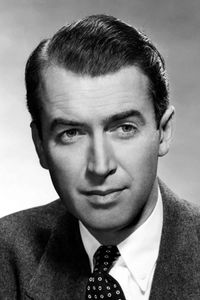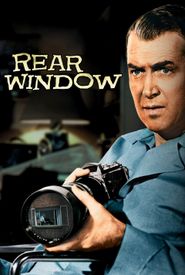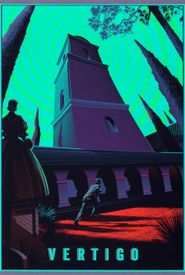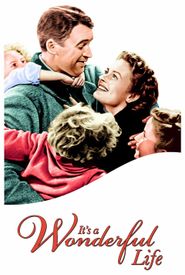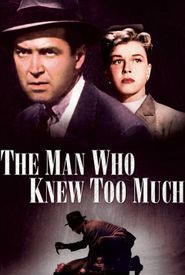James Maitland Stewart was born on May 20, 1908, in Indiana, Pennsylvania, to Elizabeth Ruth (Johnson) and Alexander Maitland Stewart, who owned a hardware store. His ancestry was a mix of Scottish, Ulster-Scots, and some English descent.
Stewart was educated at Mercersburg Academy, a local prep school, where he excelled in athletics, music, and acting. He won a place at Princeton University in 1929, studying architecture with moderate success. He continued to pursue his passion for the performing arts, becoming a musician and actor with the University Players.
After graduating, Stewart's engagements with the University Players took him to various locations across the northeastern United States, including a run on Broadway in 1932. However, his career stalled as the Great Depression deepened. It wasn't until 1934, when he followed his friend Henry Fonda to Hollywood, that his fortunes began to change.
Stewart's first screen appearance was in Art Trouble (1934),and he went on to work as a contract player for MGM. He gradually gained recognition with increasingly prominent roles throughout the 1930s. His collaborations with Frank Capra in You Can't Take It with You (1938),Mr. Smith Goes to Washington (1939),and It's a Wonderful Life (1946) cemented his status as a star and established his screen persona as the likable everyman.
In 1935, Stewart learned to fly, and in 1940, he was drafted into the United States Army as a private, after failing the medical exam twice due to being underweight. During World War II, he rose to the rank of colonel, serving as an instructor in the United States and later on combat missions in Europe. He remained involved with the United States Air Force Reserve after the war and officially retired in 1968. In 1959, he was promoted to brigadier general, becoming the highest-ranking actor in U.S. military history.
After the war, Stewart's acting career took off. He starred in some of Hollywood's most iconic films, including Westerns, biopics, thrillers, and screwball comedies. Some of his notable roles include The Man Who Shot Liberty Valance (1962),The Stratton Story (1949),The Glenn Miller Story (1954),The Spirit of St. Louis (1957),and his frequent collaborations with Alfred Hitchcock.
On June 25, 1997, a thrombosis formed in Stewart's right leg, leading to a pulmonary embolism. A week later, on July 2, 1997, surrounded by his children, James Stewart died at the age of 89 at his home in Beverly Hills, California. His final words to his family were, "I'm going to be with Gloria now."
